I was listening the other week to a solo album by an ageing rock guitarist, once terrifically famous. It was really very good, but I couldn’t bring myself to care about it because it clearly didn’t matter: this man’s career is static and it is likely to remain so. The album will make no impact on the wider world and, despite liking it, I felt no need to listen again. Had it been the debut by a band of 21-year-olds, on the other hand, I would have been all over it.
Rock and pop musicians are most interesting in the transitions; that is, on the way up or on the way down. The journey up always – but always – accounts for the most interesting bit of any musician’s memoir, because they’re remembering when life was exciting. The trek down is where the conflict comes and the stories get juicy. That’s why music magazines have always treasured the reappraisal of the disastrous, career-ending album. It’s always fun to write about something that cost £14 million to make but reached only no. 98 in the charts.
What’s boring is the ‘career’ phase: the five albums preceding disaster that all sold well, were followed by uneventful tours, and in which no one fell out. This phase is boring for the musicians, too. For every one of them who can’t imagine doing anything else but going out night after night, there is one who sees the night-after-night bit of it and wonders where all the fun went. When did it become a business? The irony, of course, is that if you’ve become a business, you’ve succeeded.
The Vaccines lost their lead guitarist, Freddie Cowan, last summer. There was no big fall-out, apparently. He’d just had enough of the grind of being in a career band. The Vaccines had spent several years doing good festival slots and having hit albums, but without ever looking likely to get any bigger or smaller. I imagine it had become a job. Which meant this show – a vast underplay in a tiny basement – was more a run-through for their new line-up ahead of festival season than anything else.
After a brief flush of hype – to which their singer and songwriter Justin Young did not respond well – the Vaccines have been rather ignored critically. I see why – they are entirely musically uncomplicated and unfashionable. But beneath it all, Young has been a pretty consistently strong writer of pop songs. Theirs is a particular version of pop that happens to be my favourite kind: think girl groups, punk rock and power pop, rather than Charli XCX and Dua Lipa (though I bet he’d work with either of them). Their one new song, ‘Heartbreak Kid’, had the distinct feel of those glorious singles made when some old lag of rock’n’roll, who actually knew how to write melodies, realised he had to compete with the punks and new wavers.
But what really surprised me was how young the audience was: the Vaccines started playing 13 years ago, and their audience then was older than it looks now. Just like the Wombats – a desperately unfashionable group who these days are mentioned by music writers only when they ask, ‘How come the Wombats are playing the O2?’ – the Vaccines have replenished their audience, which may be pop’s hardest trick.
The Mary Wallopers are very much on the way up, and even though the Forum wasn’t quite full, the atmosphere was febrile. And, much to my surprise again, the audience was young and very Irish, though this is less of a surprise given the Mary Wallopers play Irish folk – more specifically, Irish folk with the stomping backbeat and punky energy of the Pogues. The comparisons are so unavoidable that they lean into them – Spider Stacy of the Pogues came on to play tin whistle on one song.
There are differences, however. For one thing, there’s none of the danger of the Pogues on their ascent. I know memory is selective but I recall the excitement of the genuine chaos of Pogues shows when I started seeing them around 1984 and 1985. That said, I prefer to go to gigs not having to wonder if some tripping psychobilly is going to destroy me, so I’m not complaining. And the playing was fantastic: fluid but precise and barrelling along like a go-kart across an oil slick. I was already wishing I’d seen them earlier, somewhere smaller, before they had got used to crowds telling them they were brilliant.
Got something to add? Join the discussion and comment below.
Get 10 issues for just $10
Subscribe to The Spectator Australia today for the next 10 magazine issues, plus full online access, for just $10.
You might disagree with half of it, but you’ll enjoy reading all of it. Try your first month for free, then just $2 a week for the remainder of your first year.

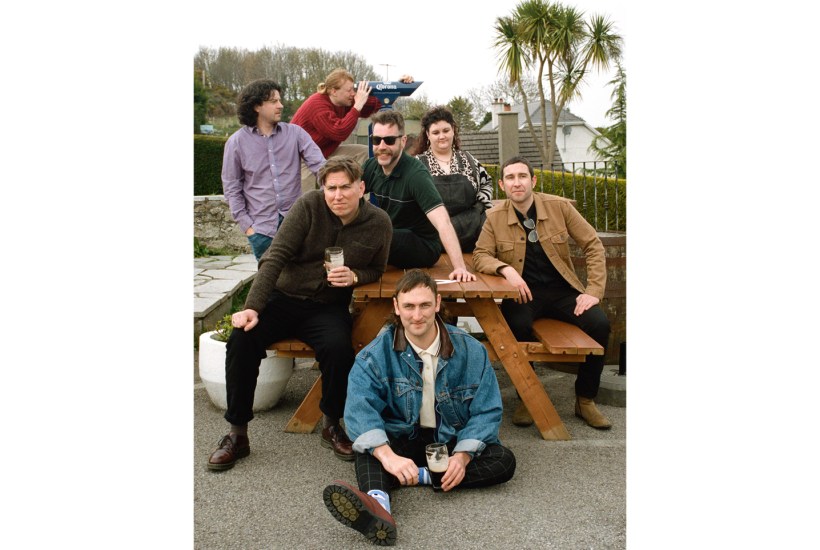
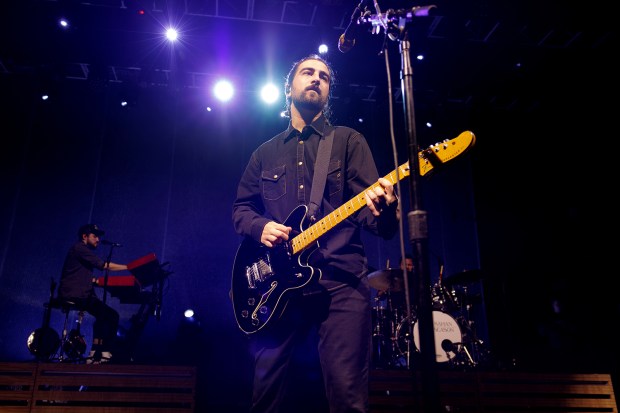

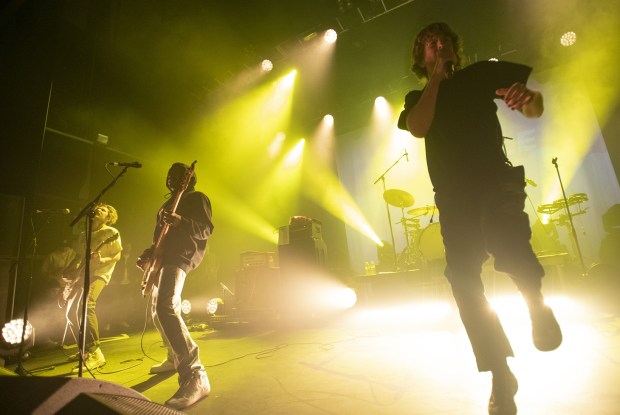
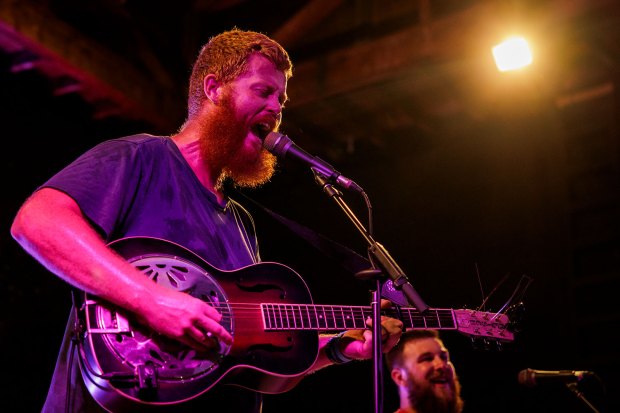
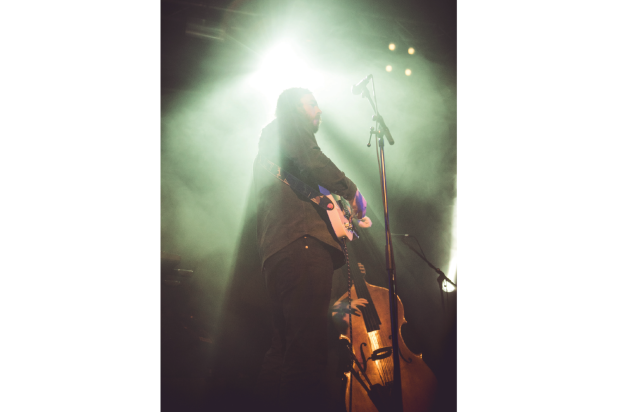







Comments
Don't miss out
Join the conversation with other Spectator Australia readers. Subscribe to leave a comment.
SUBSCRIBEAlready a subscriber? Log in